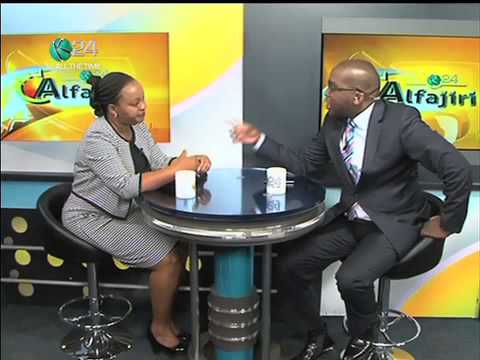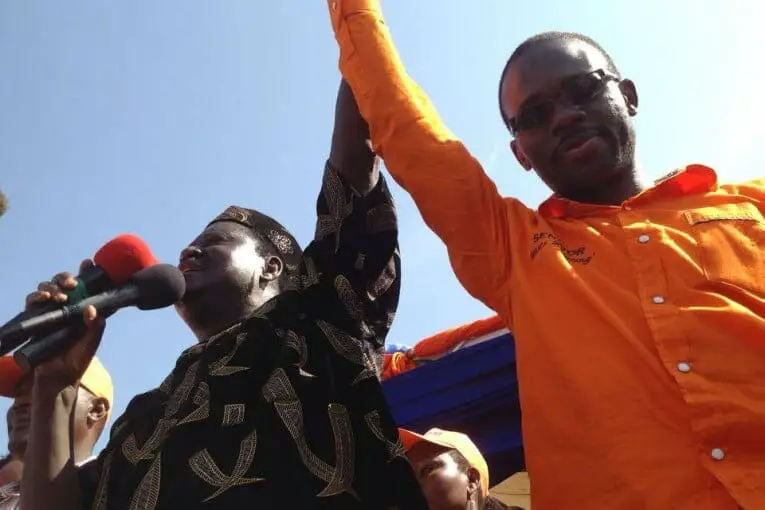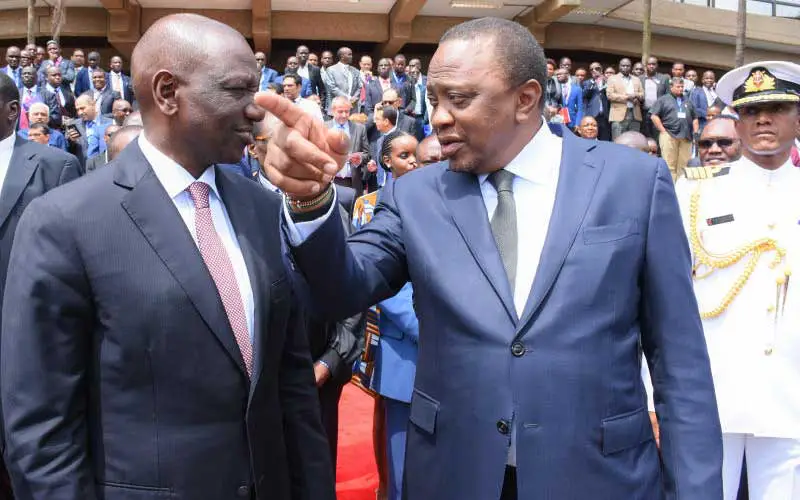Referenda is a very foreign concept that many Kenyans do not seem to understand. The Building Bridges Initiative (BBI) relies on this to pass, the lack of knowledge, if Kenyans think it has already passed on the very first step we are a doomed country.
BBI assumes everybody is well informed and fully understands the question and its implications to them. Here, Kenyans have already lined up to sign something they have neither seen, read, or understood. They are ‘sadly’ doing what they have been told by their tribal chiefs.
There was no inclusion of education, just a bunch of documents that have been the top story every day on githeri media, as at now the majority of Kenyans think that now that, because the pamphlet thing that is a lie has 4.6 Million signatures, BBI has passed and that President Uhuru Kenyatta and Raila Odinga will just call CJ Maraga and edit the constitution for the changes to take effect.
Since the launch of the BBI report there have been a few but critical issues on what Uhuru Kenyatta and Raila Odinga’s plans. One, they have confirmed that BBI will go through the popular initiative and not the parliamentary amendment process.
Most Kenyans do not know the process of a referendum since they have not even read the current constitution. The Constitution provides two pathways for constitutional amendments. The parliamentary and the popular initiative. The parliamentary process essentially requires a Member of Parliament to table a constitutional amendment Bill in Parliament in the same way a statutory Bill is tabled. However, a constitutional amendment Bill that is based on a parliamentary process must garner at least two-thirds support from parliamentarians at the second and third readings for it to pass, even if it involves issues that require a referendum.
BBI uses the popular initiative process. This process means any Kenyan, in their private capacity, can initiate an amendment if they desire certain changes to the Constitution that their Mpigs may not be too enthusiastic about. This makes it sure that people’s fate to change the Constitution does not entirely rely exclusively on the willingness of their representatives to initiate amendments.
To make sure that people do not misuse the popular initiative route of amending the Constitution, the supreme law created an initial onerous process for the sponsor of the amendment to surmount. This means that for a popular initiative process to commence, it requires the collection of one million signatures from voters who support the Bill.
After the sponsor has managed to get the one million signatures through the use of their own resources, the formal process can then be initiated and public money can be used to support the amendment process.
First, the IEBC will verify the signatures before forwarding the draft Bill to each county assembly for consideration within three months after the date it was submitted by the Commission.
If a county assembly approves the draft Bill, the speaker of the county assembly shall deliver a copy of the draft Bill jointly to the Speakers of the two Houses of Parliament together with a certificate that the county assembly has approved it.
Here it will need to be approved by a majority (24) of the county assemblies. At least 12 broad legislative proposals are expected to be enacted by Parliament to implement parts of the report.
The BBI report will then finally be subjected to a referendum for Kenyans to approve or reject the changes if the Parliament adopts it.

















































